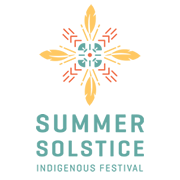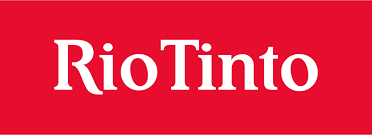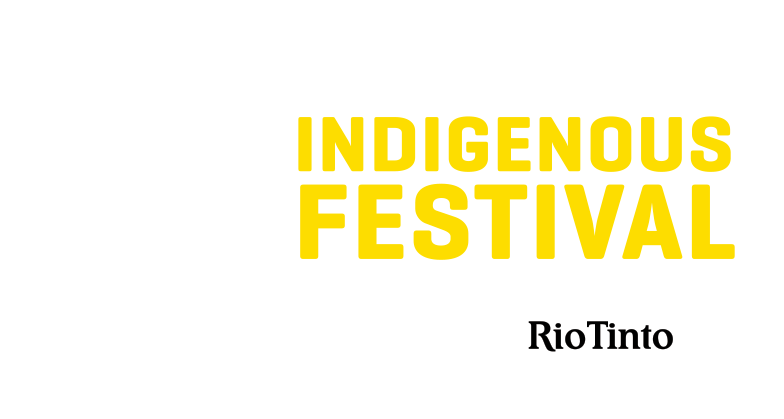






Ottawa was called many things before Queen Victoria named it Canada’s capital. It was called Bytown, Unitytown, Outaouais and other names too. “Ottawa” is an Anishinabe word that means “to trade.” Odawa is actually how we spell it. This is a First Nation as well.
Algonquin people refer to themselves as “Anishinabe” in their original language. It is commonly believed by the original people of this region that French explorer Samuel de Champlain overheard an East Coast First Nation, the Maliseet people, refer to us as, “They who are our allies” and/or “They who are dancing.” He wrote this in his diary as the name for the people of this area.
The word “Algonquin” came to be a more widely known term for the language grouping of First Nations representing the Anishinabe, Odawa, Ojibwe, Omamawinini, Kitchesipirini, Micmac, Maliseet, Cree, Saulteaux, Potawatami, and others.
Long before first contact with Europeans, Indigenous people had a name for this landbase: “Kitche Zibi,” or Great River. Today this river is called the Ottawa River. There were four directions from which people came here to gather for ceremony and trade. East and west and south by way of the present day Gatineau River, and north by way of the Rideau River which flows north. There are sacred ceremonial sites throughout this region that reflect the richness of the area’s Indigenous past.
This area came to have what were called “Peace and Friendship Treaties.” These were not land surrenders. The use of the wampum belt was a form of agreement whereby the newcomers and original people, the Iroquois and the Anishinabe, would continue living by hunting and gathering in their traditional territories just as they had for millennia.
This is why today we refer to the City of Ottawa as unceded land. It was never surrendered to any Crown based overseas.
The SSIMAs are positioned to become an integral part of Canada’s history in the years to come. You can help ensure that Indigenous presence and participation from the music community is available to a wider audience by spreading the word!